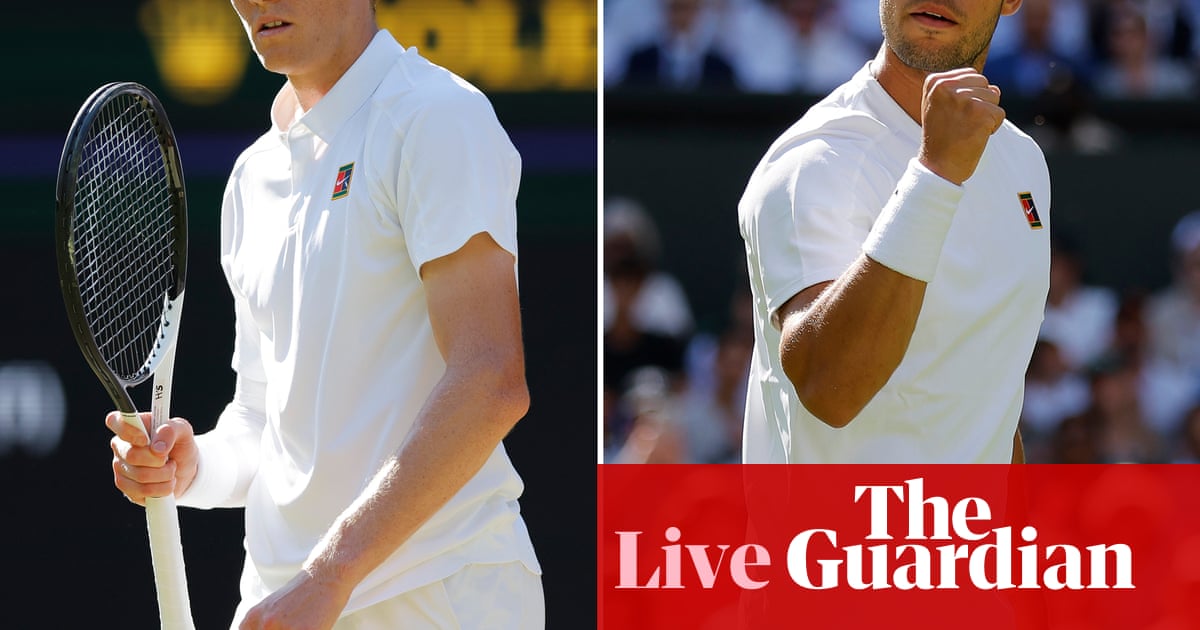
"We all lie to ourselves all the time, inventing stories to make ourselves look better or look worse, feel better or feel worse; to explain the haphazard chaos we call life."
"Sinner will argue the answer lies with him, not with his opponent. The margins are thin, so if he can impose his considerable strengths at the crucial moments."
"This is a clever way of looking at the world— we have no control over others, so all we can really do is deliver the best of ourselves and hope for the best."
"The problem Sinner has is there's a fervency about Alcaraz that is almost religious. He has no sense of his own fallibility."
Athletes often construct narratives to manage the psychological stress of competition. Jannik Sinner, after losing the French Open final, claims to have moved on, but the scars from that loss remain. He is set to face Carlos Alcaraz again, whose dominance over Sinner in previous encounters looms large. Sinner believes success lies in controlling his own performance rather than focusing on Alcaraz. Acknowledging the unpredictability of his opponent, Sinner must leverage his strengths effectively in crucial moments to succeed against Alcaraz's relentless fervor.
Read at www.theguardian.com
Unable to calculate read time
Collection
[
|
...
]